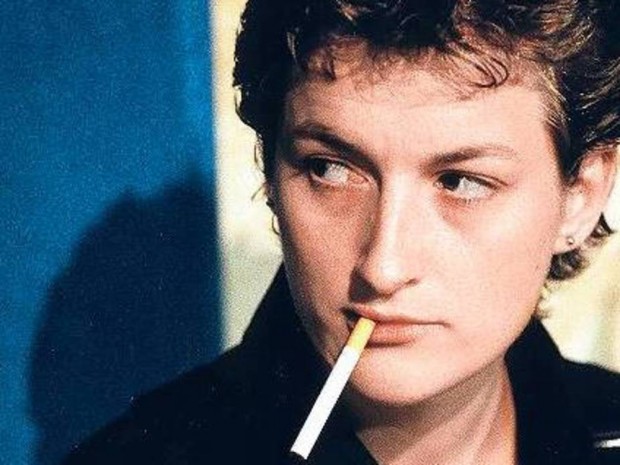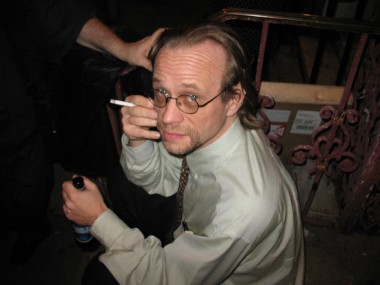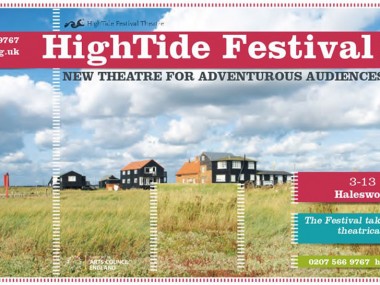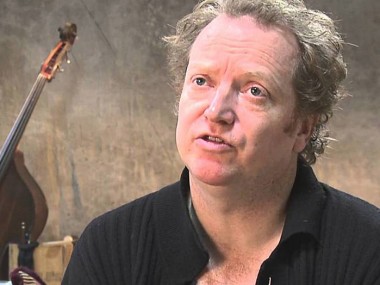On experiment and the avant-garde
Monday 5th March 2012

George Hunka’s blog revisits recent posts about the avant-garde and experimental theatre, with a link to Hannah Silva’s summary of the debate: “The avant-garde is a tradition more than anything else, and its elbows are necessarily sharp because they challenge the existing aesthetic paradigm for both audiences and critics, and change is the bane of the aesthetic conservative, who finds comfort in what is rather than what could be.” Quite rightly, he stresses the influence on innovative playwriting of Martin Crimp and Sarah Kane, to which I would add Caryl Churchill and Philip Ridley. Today, while most new writing theatres are generally more conservative in their programming, some are still looking for ways in which to encourage experiments in theatre form. For example, on the London fringe, Theatre 503 curates a programme of ten-minute slots which allow, and encourage, writers to break boundaries. But, as Paul Robinson and Steve Harper of that venue explain in a theatreVOICE interview, some young writers are still afraid of being labelled as “the one who writes the odd plays” in an era when market forces dominate the staging of plays. Because the market favours linear narrative and naturalistic writing, there is always a fear that writing against the grain will result in marginalisation. Does this mean that the avant-garde is no longer in front of the action, but confined to the sidelines?
© Aleks Sierz





